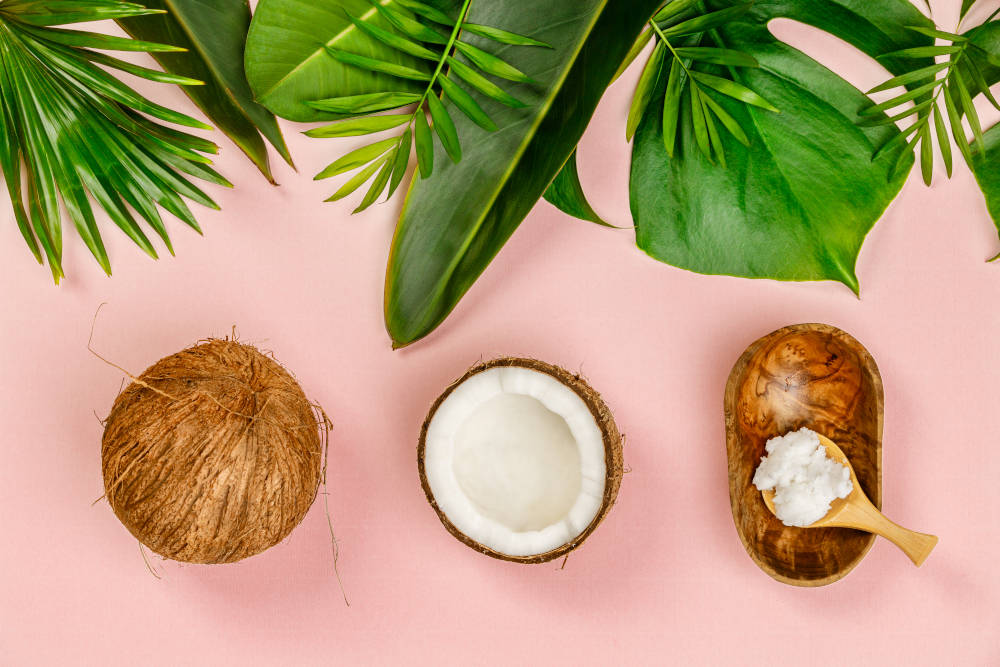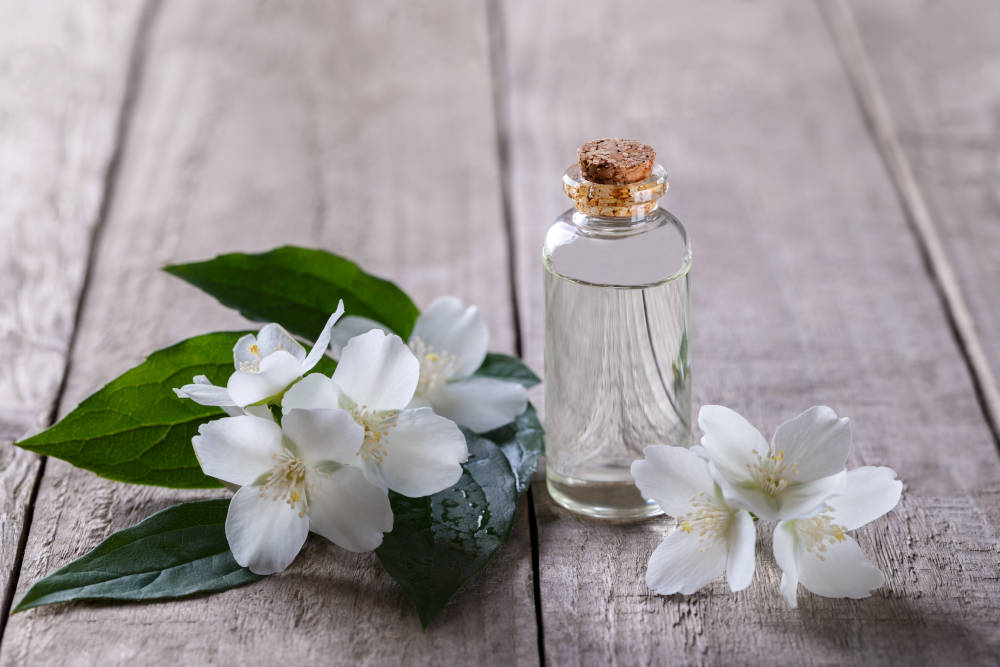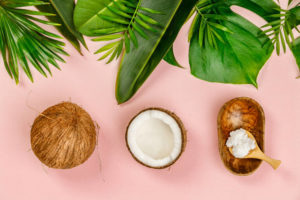Nailing down your skincare routine is an important part of making sure you look your best in the years to come. You also want to make sure you are using the best products on the market. That means sticking with the healthiest ingredients.
Luckily, companies are starting to develop more options for organic beauty products as consumers become more aware of the benefits. But how do you know what is “organic” anyway? Check out our guide to find out what to look for in natural and organic skincare products.
Contents
What defines an organic skincare product in the UK?
The official definition comes from REACH (Registration, Evaluation, Authorisation and Restriction of Chemicals). They define a “natural” product as anything that occurs naturally. This means that the substance must be only processed by specific methods. This includes manual, mechanical, or gravitational processes, dissolution or extraction with water, flotation, and steam distillation or heating solely to remove water. Of course, any substance that maintains its state unprocessed is allowed also.
When it comes to synthetic ingredients, anything that doesn’t fall into the above definitions is considered a substance that does not occur in nature. Seems pretty simple right? Well, it gets a little trickier than that.
Natural skincare: Technically the term “natural” and “organic” are different. These definitions are only defined be private-sector groups, namely COSMOS and NATRUE. The key here is a product must contain a certain amount of natural ingredients, and follow the definition of “natural” to be labeled as such. Some additives are allowed, but only if you follow established guidelines in the development process.
The ISO has also been developing their own set of rules and standards to be used in recent years. Some manufactures may choose to follow these guidelines instead depending on the cost of certification.
Organic skincare: Like with natural items, organic beauty products are defined by non-government agencies. The standard outlined by COSMOS uses a series of equations to determine the organic content. The end result must be at least 95 percent to obtain “organic” labeling.
As you might see by now, the problem is these definitions can be vague. The difference between organic versus natural ingredients is still up for debate. It somewhat has to do with the use of “organic certified” ingredients, which is a separate labeling all together.
For the most part, an organic ingredient is one that was grown without the use of any pesticides or fertilizers. Both can be harmful to the plant and the user of the product.By using organic skincare products, you’re helping to minimize your environmental impact and support the sustainability of our environment.
Regardless, the whole process makes choosing a product tough! So, what should we do?
Keep it simple
You will be finding a ton of products on the market. The reality is you really don’t need all that much. Most people will be fine with three or four products. To look your best, stick to the essentials: toners, cleansers, and moisturizers.
After that it is all about paying attention to the ingredients. Like we said, even if a product as a certified organic, natural or “all-natural” label on it, this doesn’t mean everything is 100 percent unprocessed. The best thing you can do is a little research. Find out how those ingredients are made. Sometimes companies use fancy words for common place items. For example, you might see Helianthus Annuus on a label. Really that just means Sunflower seed oil.
The best brands do a good job of letting you know what all these terms really mean. Plus, they usually will go out of their way to label organic ingredients and naturally occurring components individually. When in doubt though, always double check!
On a side note, be wary of the use of fragrance in products. Dangerous chemicals can often be found in the mixture of a fragrance, but it is not always obvious. There is a host of studies on related health problems, so be extra careful. There is also the chance of causing an allergic reaction. Your best bet is to only choose a product that lists “fragrance-free.”
Buying organic skincare product is always the safest option. If you see a certified organic product, you know that what you are buying meets all the strict requirements. No toxic ingredients or fragrances can get past the organic certification process. Take the guess work out of buying skincare products, and buy only organic.
Packaging matters too
The container your product comes in can matter just as much as the actual ingredients. These is because some material can leak toxins. Things to avoid are polycarbonate and polyvinyl chloride. The former can leak BPA and the latter has the potential to release cancer related toxins.
Good plastics to choose are polyethylene terephthalate, high-density polyethylene, and polypropylene. These are much safer in terms of plastics, and easier to recycle.
Really though, the best thing to use is glass. Glass poses no risk of adding toxins into your organic beauty products and is easily recyclable. A win-win all around!
Other important labels
Plant-based: If you see the term “plant-based” it just means that some form of botanical ingredient is included. That doesn’t really tell you much. It could be a good sign, but look for specific wording on the package.
Synthetic-Free: A product that doesn’t contain anything artificially made is “synthetic-free.” Refer to the definition we described at the beginning for a better idea. In this case something could contain no synthetic ingredients, but doesn’t mean it is an organic product. Remember, the ingredients could have been grown using artificial methods.
Vegan: Just like the diet, a vegan product doesn’t contain anything animal related. No byproducts to be found. So, does that mean it’s safe? Maybe it does. Something can be artificial and vegan at the same time. Animals might not be involved, but synthetic ingredients could be. Don’t let this one fool you. Double check what is going into the product first.
Organic skincare is the safest to make your skin feel renewed
When going for either skincare or beauty products that are produced traditionally, it can often worsen or irritate existing skin conditions. It also may even cause skin conditions if you have sensitive skin. To those that are looking for everyday products that aren’t unnecessarily harsh, organic is the way to go. The more organic the better, but that doesn’t mean you can’t use some synthetic product. For many products that are not fully organic you don’t need to worry about terrible side effects. Just be sure to use these products in moderation. Overuse of artificial ingredients is what leads to health issues.
Summary
Bottomline is you should always be buying certified organic product. You can tell a product is organic if they have the official seal from Soil Associations COSMOS. This is the best way to determine if a product meets all the strict criteria for organic production. It is a sign of both quality and safety.
At the end of the day, going with organic skin care brands is for the best. You’ll feel better, look better, and be supporting great companies making a positive impact on the world. Don’t be afraid to ask for help and do your research. There are plenty of great sources to guide you to finding better beauty products. We hope this quick guide gives you a place to start!







